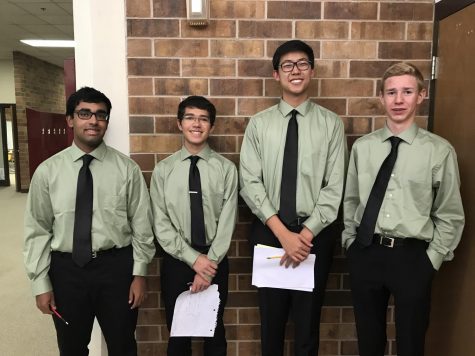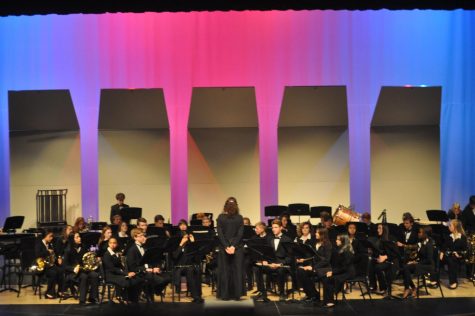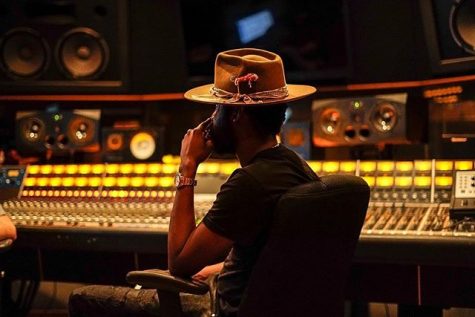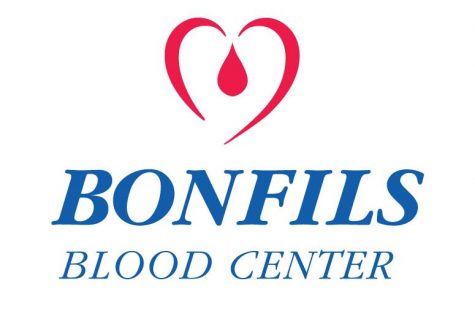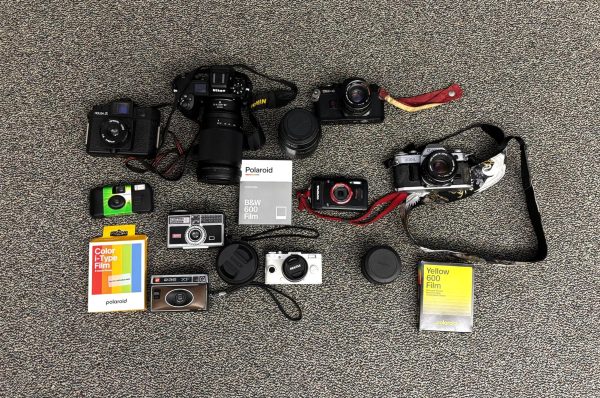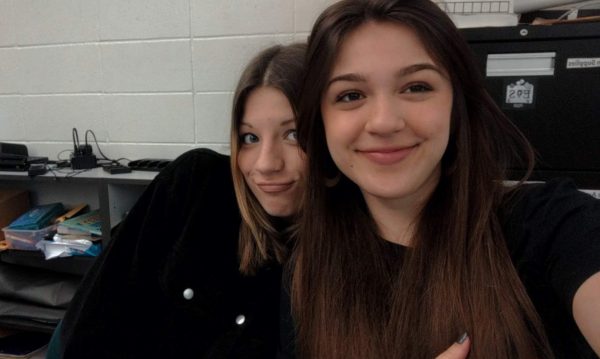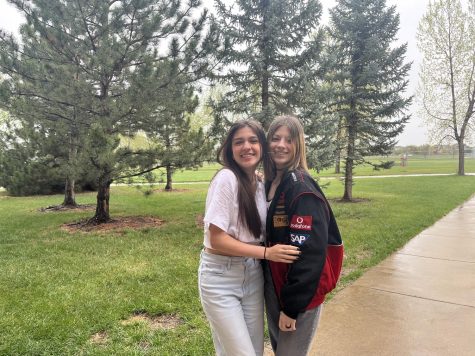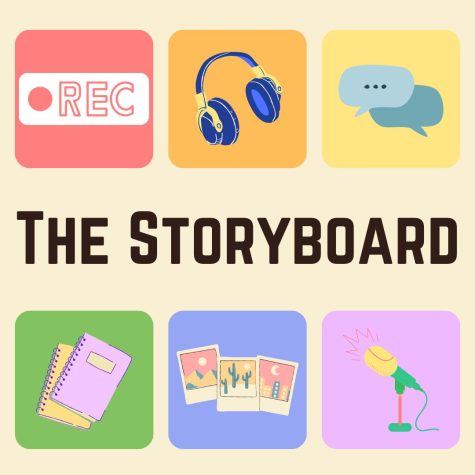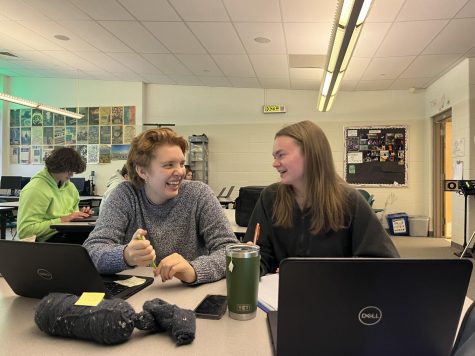Editor’s Note: What is news?
For today’s world, it is not news that the American people’s trust of the media is at an all-time low, and what many call “fake news” is a hot button topic that never goes away. In light of this, I wanted to detail the way in which I, and the Etched in Stone staff, as student journalists, consider terms such as bias and “fake” versus reputable news sources. Moreover, I want to explain the reasons and thoughts processes behind what we at Etched in Stone write about.
Bias, according to the Merriam-Webster dictionary, is an inclination of outlook that can be “a personal and sometimes unreasoned judgement.” It is often taken with a negative connotation, as one could say someone is “biased against” another person or topic. When student journalists are introduced to this word, we are presented with two sides (as you would be when reading an unbiased piece of writing). There is an unavoidable aspect of bias, and on the flip slide an element that is meant to be avoided in journalism, though that bias can occasionally be a good thing as well. Unavoidable bias is really more of a locational bias: because we live in Fort Collins, Colorado, and go to Fossil Ridge High School, you will not see articles on Etched in Stone about the Fort Collins High School Homecoming dance, or a parade that took place in Golden, Colorado. Bias that is supposed to be avoided in journalism is one that express opinión, usually subtly (sometimes not), towards people or an event. Words that signal this are generally descriptive words, but ones that could be debated, like “wonderful” or “disgusting”. An article that writes “The mashed potatoes at school are absolutely disgusting,” would be biased, unless it was based in fact and taken from something a poll showed or a student said. Something without facts is only acceptable in opinion/editorial works, and those works have to be labeled as such, otherwise the publication could be in trouble for slander/libel.
Fake news at its core is sensational headlines that are really, truly fake, like “Hillary Clinton is a lizard” or “America cancels Thanksgiving.” These fake headlines have been around much longer than the past two years, and were originally only called clickbait, and are ways that virus-filled websites can make money. While news organizations might make mistakes and publish falsehoods, that’s technically not what “fake news” ultimately refers to – though (in my opinion) it is bad journalism. Avoiding completely false news is fairly simple if you stay away from advertisements on any website, and instead search out the information on your own. I would recommend reading news from many different sources to find a less-biased approach on events, and also explore what you do or do not like about one news source from the next. You can find a spectrum of the political/ideological leanings of news organizations to compare to your own thoughts here.
At Etched in Stone, we give our writers relatively loose rein to write about what they deem “newsworthy” at Fossil. We place our staff into BEATS categorized by athletics, academics/activities, and arts. It’s then our writers’ jobs to know when an event is happening, and write about it in a timely manner. Our main rule is that if a sport or club at Fossil makes it to a state competition, or wins a major prize, we must cover it in some way. After we have these preliminary bases taken care of, writers usually find someone they know who is doing something unique or especially difficult, and they write a feature on it. Fossil events or people will come first, happenings in Fort Collins second, and national news is rarely covered by Etched in Stone. Larger publications have much greater ability to write about national events, and if students can find this news in many other places, we determine that it is not necessary for our coverage. When someone finds a topic that they are really passionate about, but it might be controversial or not directly relate to students, those articles go under Columns or Opinion.
Journalism is all about networking. This can be good and bad for a journalist in high school, as most of the people who we will be writing about can be found in the school building. However, there are also so many clubs and crowds in the hallways at Fossil that we cannot always keep track of an event a club might participate in. As Editor-in-Chief, I take note of anything my classmates tell me about, but this is your weekly reminder to contact me or Mr. DeGear if you are involved in something that you want coverage for.
Below are opinions from Etched in Stone writers about what they think constitutes news.
News is…
“Something that is either relevant to a large group of people or an ongoing issue in today’s society.” – Olivia Doro
“Meaningful things that are changing and affect people daily” – Karen Manley
“Any happening or event that’s interesting or factual or entertaining. There’s lots of possibilities that go into those subgroups.” – Emily Brey
“Something like an event or happening that is interesting to the general population, and is relevant and significant.” – Haley Rockwell
“Anything that happens in a community that the community needs to be informed about. If you don’t know what’s going on in your town, you can kind of be disconnected from what’s around you.” – Milena Brown
“Something that is going to have an effect on people’s lives or anywhere in the world.” – Bella Mahal
“Anything that informs the public that is necessary, but not necessarily entertaining, for them to know as information.” – Jaclyn Ambrose
Your donation will support the student journalists of Fossil Ridge High School. Your contribution will allow us to purchase equipment and cover our annual website hosting costs.

Serena Bettis, senior, is entering into her third year on the Etched in Stone staff as this year’s Editor-in-Chief. A four year journalism student, she has high hopes for Etched in Stone this school year, and wants to be able to guide the staff in achieving their goals as much as possible. While Bettis...




